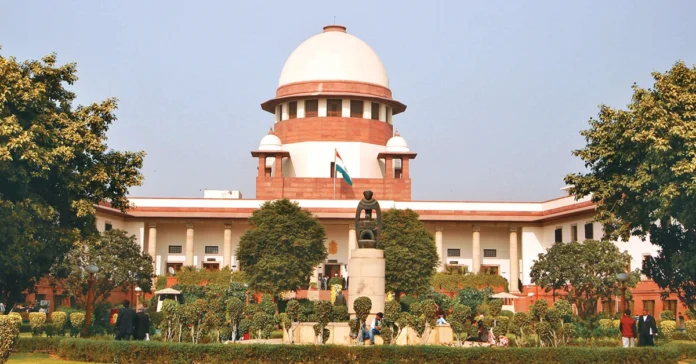In the wake of the controversy surrounding Justice Yashwant Varma over the alleged recovery of unaccounted cash from his residence, the Supreme Court Collegium has tightened its judge selection process and increased the scrutiny of candidates seeking High Court judgeship.
The Apex Court Collegium, headed by Chief Justice of India BR Gavai, conducted meetings and interviews with the prospective candidates on July 1 to fill up vacancies in various High Courts, including of Madhya Pradesh, Patna and Allahabad.
Justice Surya Kant and Justice Vikram Nath were part of the panel that conducted meetings on Tuesday. Interviews are understood to continue on Wednesday. The Collegium interviewed candidates for the district judiciary on Tuesday. The panel would interview candidates from the Bar today.
The three Collegium judges were understood to have had long interactions with the candidates, each lasting for about half an hour.
Sources said the Collegium members were interviewing the candidates thoroughly on their resumes and areas of work.
The virtual or physical interactions were being conducted with a view to assess the capability and the calibre of candidates proposed to be appointed as judges of High Courts. The process being taken up during the Court’s summer vacation, when the judges were engaging in administrative work, including tasks related to judicial appointments.
The current Collegium has made the judge selection process more grueling to assess the candidates better. Earlier while appointing judges to the High Court, the Collegium used to rely on inputs by the relevant state government, Supreme Court judges who hail from the concerned High Court and files/inputs by the Intelligence Bureau (IB).
Following various controversies involving High Court judges, the Collegium headed by former CJI Sanjiv Khanna started insisting on face-to-face meetings. The current Collegium has decided to continue with face-to-face interviews, while also having longer interactions with potential judges.
As on July 1, there are 371 vacancies in 25 High Courts across the country.
The Apex Court Collegium has been in disagreement with the Central government over the delay in clearing its recommendations. This has also led to candidates withdrawing their consent for being appointed as judges.
Supreme Court judge Justice Dipankar Datta recently remarked that the external forces preventing the Collegium’s recommendations from being acted upon should be dealt with sternly.


